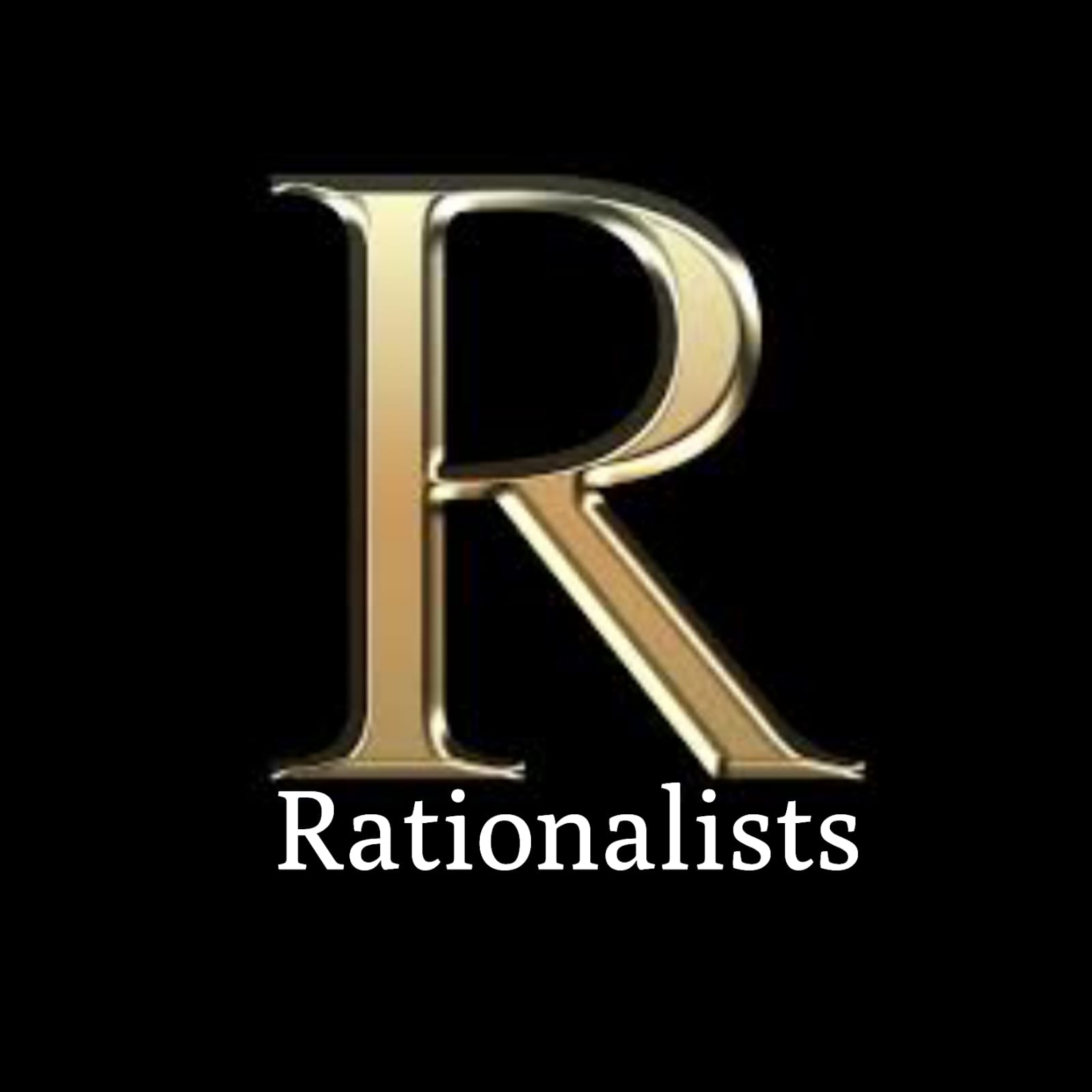Denmark's Blasphemy Law Debate
- Rationalist International

- Sep 3, 2023
- 2 min read

Denmark has recently found itself embroiled in a contentious debate over the potential introduction of a new blasphemy law. This proposal has not only captivated the nation but has also garnered international attention, reigniting discussions about the delicate balance between religious sensitivities and the cherished right to freedom of expression.
Blasphemy laws, historically rooted in the notion of safeguarding religious sentiments and social harmony, have long been a subject of debate. However, the modern world has increasingly gravitated toward secularism, underpinning the paramount value of freedom of expression.
From a secular standpoint, the primary concern revolves around upholding the principle of freedom of expression and preserving the separation of religion and the state. Secularism champions a society where individuals are at liberty to express their beliefs, engage in critical discussions, and even critique religious ideologies without the looming spectre of legal repercussions. This principle plays a pivotal role in fostering a diverse and open society where ideas can be freely exchanged and knowledge can flourish unburdened by religious dogma.
Critics of the proposed Danish blasphemy law argue that while respecting religious beliefs is essential, it is equally crucial to allow for critical examination and discussion of those beliefs. Freedom of expression implies that individuals should be able to express their opinions, even if they challenge established religious norms. Constructive criticism and open dialogue can lead to a deeper understanding of various viewpoints, fostering personal growth and social cohesion.
Implementing stricter blasphemy laws can have a chilling effect on freedom of expression. The fear of legal repercussions may cause individuals to hesitate before voicing their opinions or engaging in discussions related to religious matters. This chilling effect can stifle creativity, impede open debates, and hinder the progress of a diverse and inclusive society.
A secular perspective emphasises the significance of promoting tolerance and understanding among diverse religious and non-religious communities. Instead of silencing dissent, societies can encourage dialogue, education, and respectful engagement. Allowing different perspectives to coexist enables people to learn from one another and construct bridges of understanding that contribute to a harmonious society.
Several countries have recently abolished or relaxed their blasphemy laws to prioritize safeguarding freedom of expression. This approach recognises that individuals have the inherent right to express themselves without the looming threat of persecution, even when their opinions challenge established religious beliefs.
The proposed Danish blasphemy law is a contentious issue that warrants careful consideration from a secular perspective. Balancing the right to freedom of expression with the need for respect and understanding can be a challenging task, but it is vital to create a society that values diversity, encourages open dialogue, and respects individual rights. As the debate unfolds, it is crucial for all stakeholders to keep these principles at the forefront, ultimately striving for a solution that respects both religious sensitivities and fundamental freedoms.




Critical scrutiny and and open dialogue is the breath of individual freedom and liberal attitude. Thinking otherwise and protecting and holding something beyond all will walk us backwards. Nothing can stay unchanged.